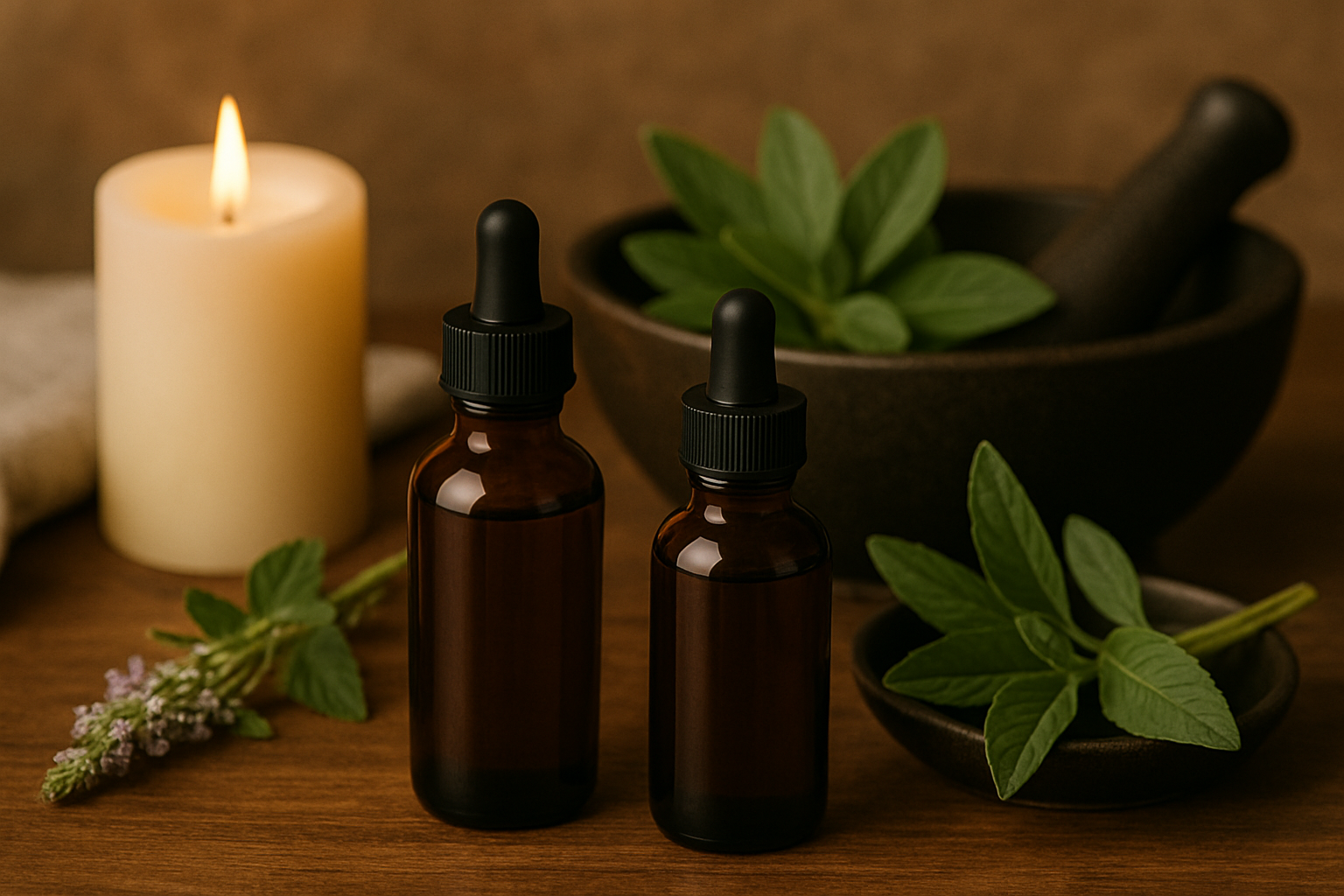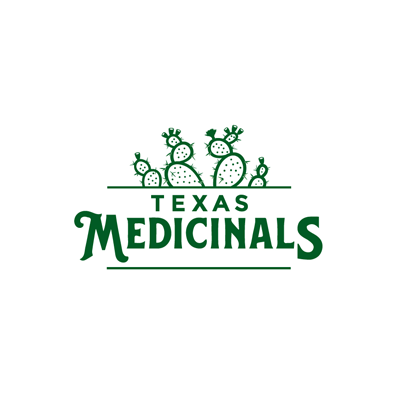Article: Beginner’s Guide to Herbal Tinctures: Unlocking Nature’s Potency

Beginner’s Guide to Herbal Tinctures: Unlocking Nature’s Potency
Herbal medicine offers a timeless path to natural healing—and tinctures are one of the most powerful, practical ways to access the therapeutic gifts of plants. If you're curious about botanical remedies, understanding tinctures is a meaningful first step. These concentrated liquid extracts are a cornerstone of traditional herbalism, capturing the full essence of a plant in a form that’s both potent and easy to use.
At its simplest, a tincture is a concentrated herbal extract made by soaking plant material in a solvent. This process draws out the beneficial compounds—along with what many herbalists refer to as the plant’s “energetics” or subtle vibrational qualities. The result? A highly effective remedy that honors both the science and spirit of the plant.
What Makes a Tincture Work: Choosing Your Solvent (Menstruum)
The key to an effective tincture lies in the menstruum—the liquid solvent that extracts and preserves the plant’s active ingredients. Different solvents extract different compounds, and your choice should align with both the herb and the desired result.
Grain Alcohol (90–95% / 180–190 proof)
Often considered the gold standard, high-proof alcohol like Everclear extracts a broad range of constituents—resins, alkaloids, volatile oils, and more. It also acts as an excellent preservative, giving tinctures a shelf life of 5+ years. Best for roots, barks, and resins.
Vodka (40–50% / 80–100 proof)
A more accessible choice, vodka is widely used by herbalists. Though slightly less potent than grain alcohol, it still extracts a wide spectrum of beneficial compounds and is ideal for softer plant material like flowers and leaves.
Vegetable Glycerin
For an alcohol-free option, glycerin is a sweet, syrupy alternative that works well for extracting water-soluble compounds (like tannins and saponins). Glycerites are great for kids, those sensitive to alcohol, or anyone in recovery—but they have a shorter shelf life (1–2 years).
Beyond Tinctures: Elixirs and Cordials
While tinctures are traditionally alcohol-based, herbalists also craft flavorful alternatives that blend wellness with pleasure.
Elixirs
Elixirs combine alcohol (usually brandy) with honey, creating a sweeter, more palatable remedy. The honey not only improves taste but adds its own soothing and antimicrobial properties—perfect for calming sore throats or easing nervous tension.
Cordials
Cordials take it a step further, often incorporating fruit for added flavor and nutrients. Think ginger-lemon or blackberry-rose. These blends can be medicinal and indulgent—enjoyed on their own, in sparkling water, or even as part of a wellness mocktail.
Why Tinctures Are a Favorite Among Herbalists
Tinctures offer a range of benefits that make them a go-to choice for herbal wellness:
- Highly Potent: A little goes a long way—just a dropperful delivers powerful effects.
- Fast-Acting: Taken under the tongue, tinctures absorb quickly into the bloodstream.
- Portable & Convenient: Easy to store, travel with, and take anytime, anywhere.
- Long Shelf Life: Alcohol-based tinctures last for years when stored properly.
- Flexible Use: Take directly, dilute in water or juice, or blend into warm teas.
Starting Your Herbal Tincture Journey
Tinctures are a simple yet profound way to integrate herbal medicine into your daily life. Whether you're looking for immune support, stress relief, better sleep, or digestive balance, there’s likely a tincture that fits your needs.
As with any health practice, be sure to research each herb thoroughly and consult a trained herbalist or healthcare provider—especially if you’re pregnant, nursing, managing a chronic condition, or taking medications.
But with this foundation, you’re ready to begin exploring the potency of herbal tinctures and deepen your relationship with plant-based wellness—one drop at a time.

